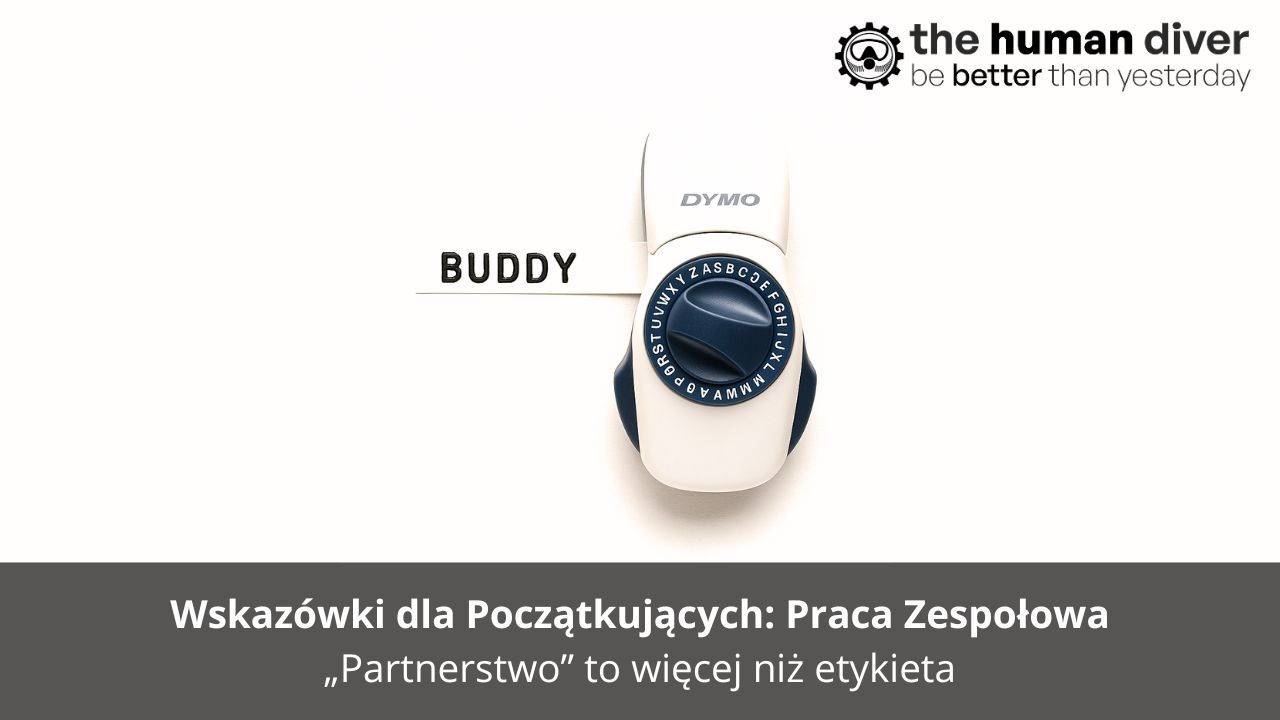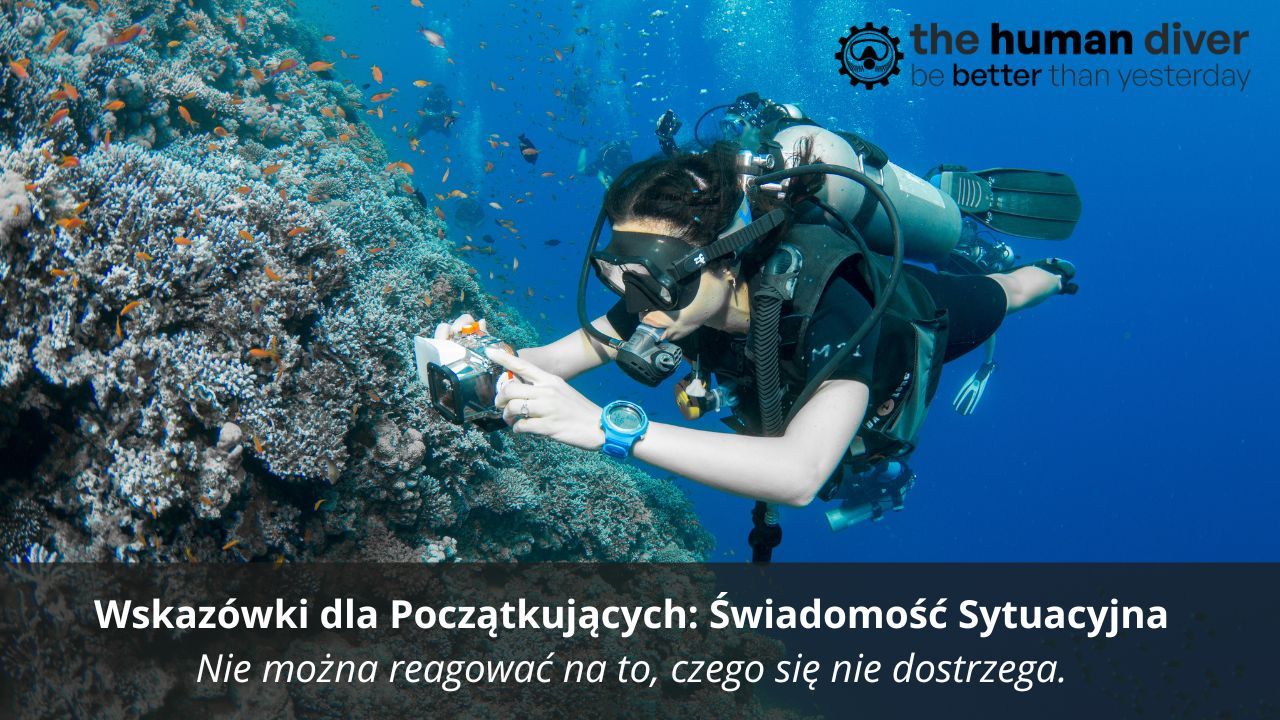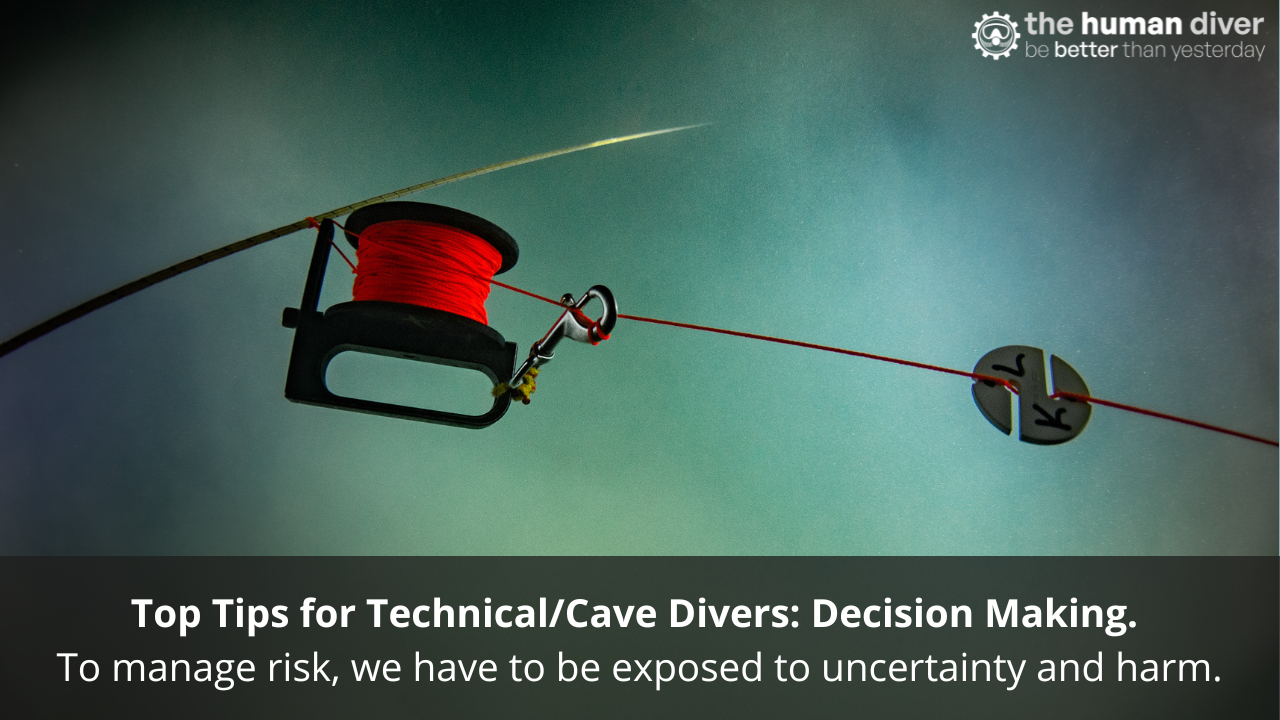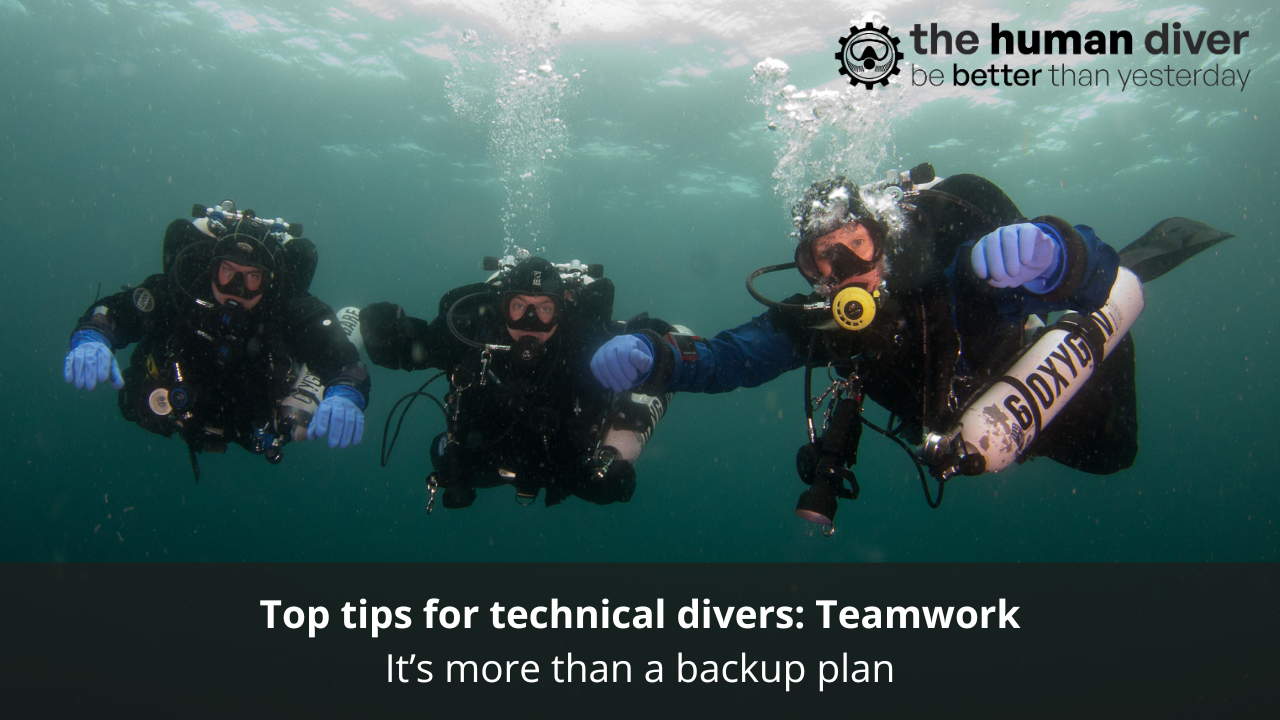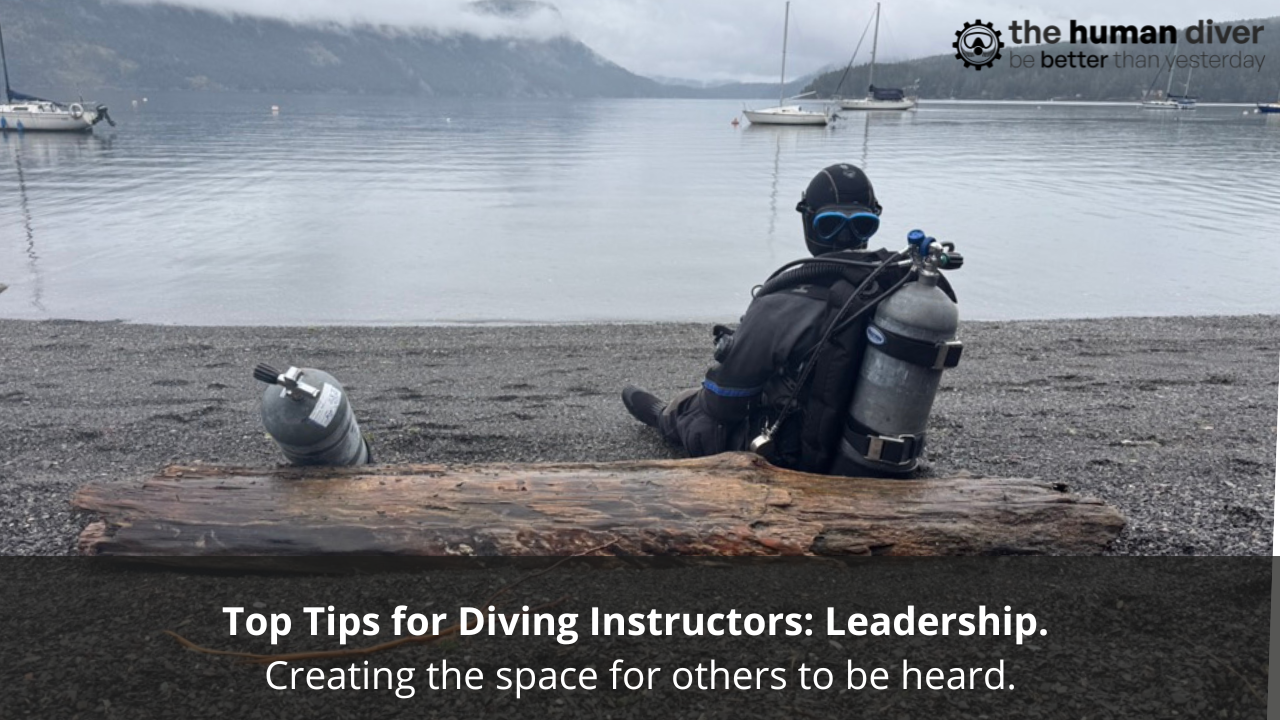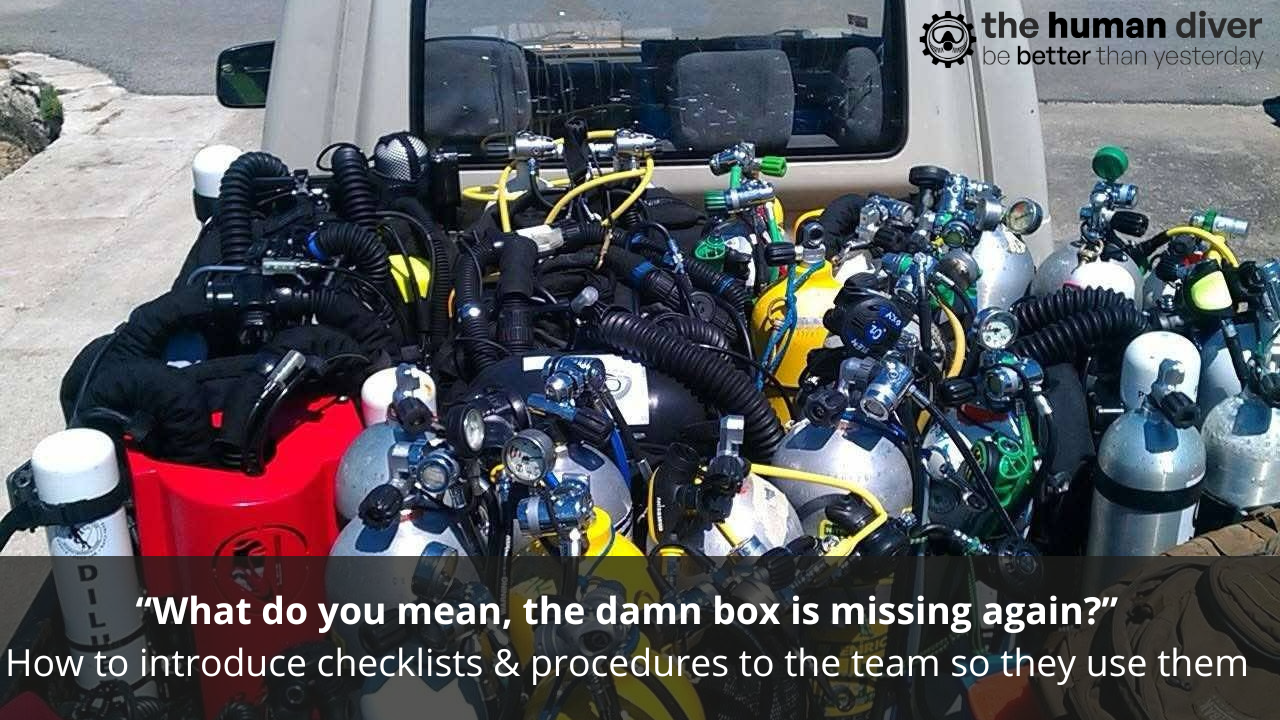
What do you mean, the damn box is missing again?
May 14, 2025"We have just finished a nearly 50-minute dive on the beautiful Liberator wreck. The May sun quickly warmed us up on the surface, but the 14 degrees in the water still made us feel a little chilly in our thin thermals. On top of that, one of the divers came up to the deck cursing up a storm, and between the expletives, we could make out that he had found a leak in his dry suit. I quickly checked my equipment and decided to treat everyone, including myself, to hot tea with raspberry juice, lemon, and cookies prepared especially by the diving centre staff. The hot tea was waiting in a thermos, next to jugs of cold water and packed cookies. Unfortunately, no cups were anywhere; they hadn't been packed into our boat’s lunch box..."
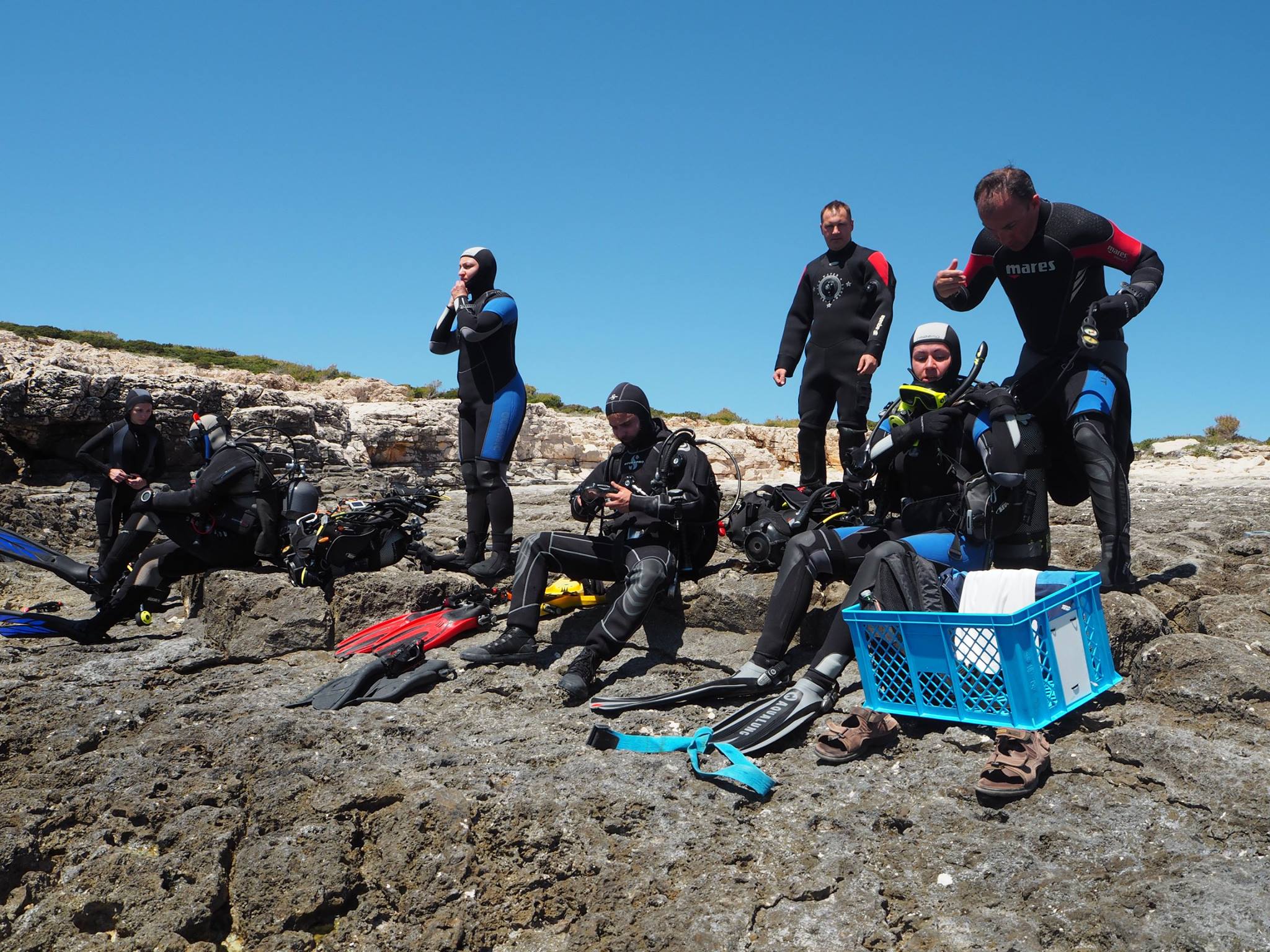
Team and Organisation
Efficient teamwork requires established standards of operation and defined practices. Defining ‘How we do things here’. Over time, such practices become protocols or operating procedures. For more experienced team members, these protocols are a natural part of the organisation's functioning. Relevant experience based on an understanding of what is needed allows decisions to be made about what, when, where and how things should be done.
Running a diving centre is a logistically and organisationally complex process. For everything to work as it should, many elements must be in the right place at the right time. Logistics related to boats, filling tanks, planning trips according to the guests' expectations and skills, diving courses, training materials, instructors and Divemasters, briefings and debriefings, equipment repairs, office work, apartment logistics, social media management, bookings and billing. A diving centre is an organisation, a multi-faceted business that relies on people.
Most diving centres operate on a seasonal basis, which means high staff turnover. As a result, new employees need to learn how all these elements interact with each other every season, often during the season. During the season, when everyone has their hands full, there is little time to train new employees and even less to supervise their work.
Team and Disorganisation
Our battered pickup truck, loaded to the brim, took us to the dive site once again. This time, we planned to dive from the shore. The rocky coastline offered no shade. The August heat was pouring down from above. The plan was relatively straightforward. Two dives from the shore, with a break in between for a discovery dive for one of our companions. Our team consisted of four divers, myself as the lead instructor, an intern at the diving centre (support staff who do a huge amount of work at the centre and without whose help it would not be possible to run the diving operations effectively) - currently undergoing Divemaster training, and a person on a Discovery dive.
The first dive went smoothly. The divers were getting ready for their break, and the DM in training was tasked with preparing the equipment for our Discovery dive. The future explorer of the underwater world, excited and clearly unable to wait for his adventure, was pacing back and forth in his wetsuit along the shore, making it clear to us that he couldn't wait any longer. The Divemaster went to our truck to fetch the necessary equipment. After a moment, he returned with his head down and a very vague expression on his face.
‘I've prepared a whole box of equipment for our Intro diver, just as you asked...’ He paused, and at that moment I realised that something was wrong.
"...and it's probably still standing there waiting to be loaded into the pickup..." At the centre. Thirty minutes away from where we were."
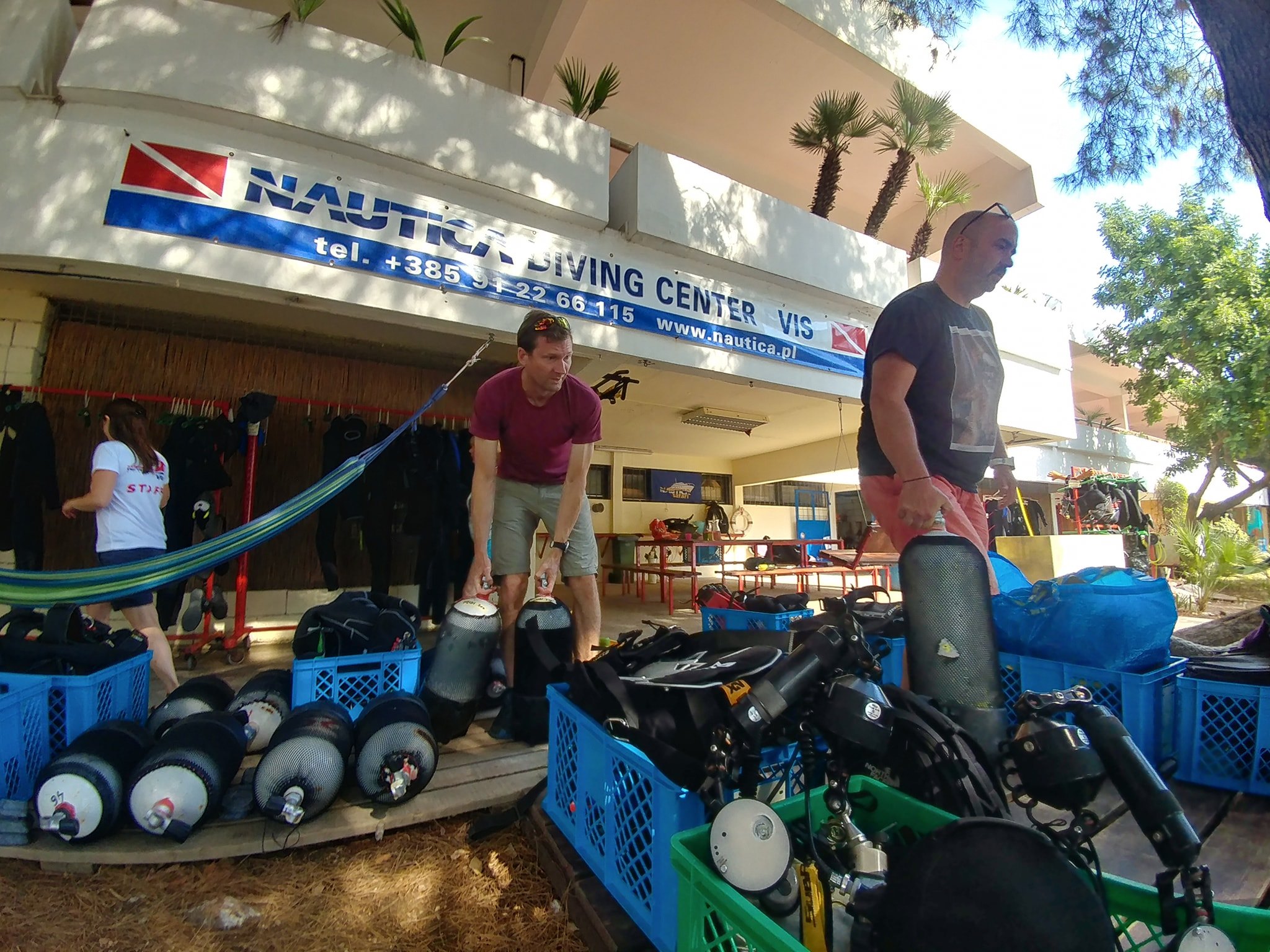
Checklists
One of the most effective ways to deal with forgetting or omitting certain tasks is to introduce checklists. They facilitate the proper completion of tasks consisting of many elements, such as packing a box with drinks and snacks in the right way, assembling diving equipment, and similar tasks requiring a sequence of actions in a specific order. To make it easier for my team to perform multiple tasks, I created various checklists. The help of Atul Gawande, author of ‘The Checklist Manifesto: How to Get Things Right’, proved invaluable here.

"The newly arrived group boarded the boat for the first time. I explained how we transport the equipment, how and when we get into and out of the boat, how to go diving, and how to return from the water to board the boat. I discussed emergency and rescue procedures. I also decided to check whether the first aid kit was complete and the oxygen cylinder was properly filled, according to the prepared checklists. The first aid kit was missing a pair of scissors — someone had ‘borrowed’ them for something else and not returned them — and there was only 60 bar of oxygen instead of 180 bar."
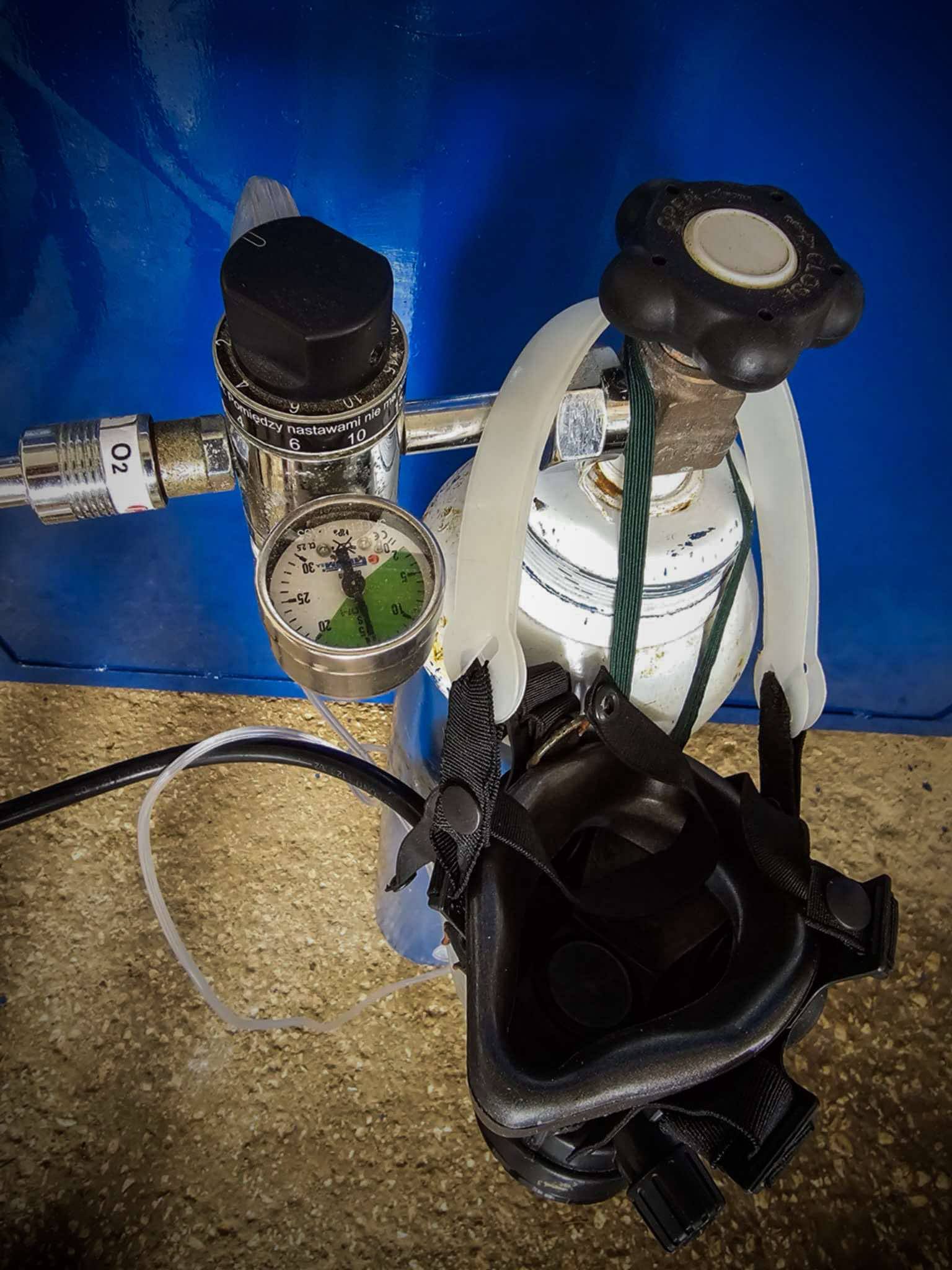
The introduction of checklists did not solve the problem of uncompleted tasks and oversights. Some of the errors were reduced, but to my surprise, omissions, mistakes and oversights continued to occur. Often, members of my team did not use the checklists even though they had received them. When they saw me standing nearby, watching them perform their tasks, they would often reach for the checklists. When they didn't and I asked them why they weren't using them, the answers ranged from ‘I don't know where it is’ through ‘I don't need it, I know what to do and how to do it’ to ‘I didn't even know we had such a list’.
Even though I had created appropriate procedures and checklists, they were rarely used and not in the way I had imagined.
Can't fight them? Join them.
It was time for a different approach. I called a meeting with my team and assigned them permanent roles for the week. Each person was responsible for a different area. Then I asked them to prepare their own checklists for their tasks. The idea was that someone who didn't know how to properly prepare or perform a task could do it on their own by following the steps described. In the following weeks, we rotated roles and refined the lists. The placement of the lists was also important. We thought about where to put them so that they would not be forgotten or overlooked. So we created versions in the form of stickers, marker pen writing on the walls, and using masking tape.
- How to prepare a box - a bar on the boat where drinks are prepared, a list for the box with equipment for OWD or Discovery divers in the room where the equipment is stored above the entrance.
- Checklists of what to take on the boat on pads where instructors and divemasters had their lists with the names of the participants, and checklists for the oxygen kit and its regular inspection on the boat in a place visible to the crew.
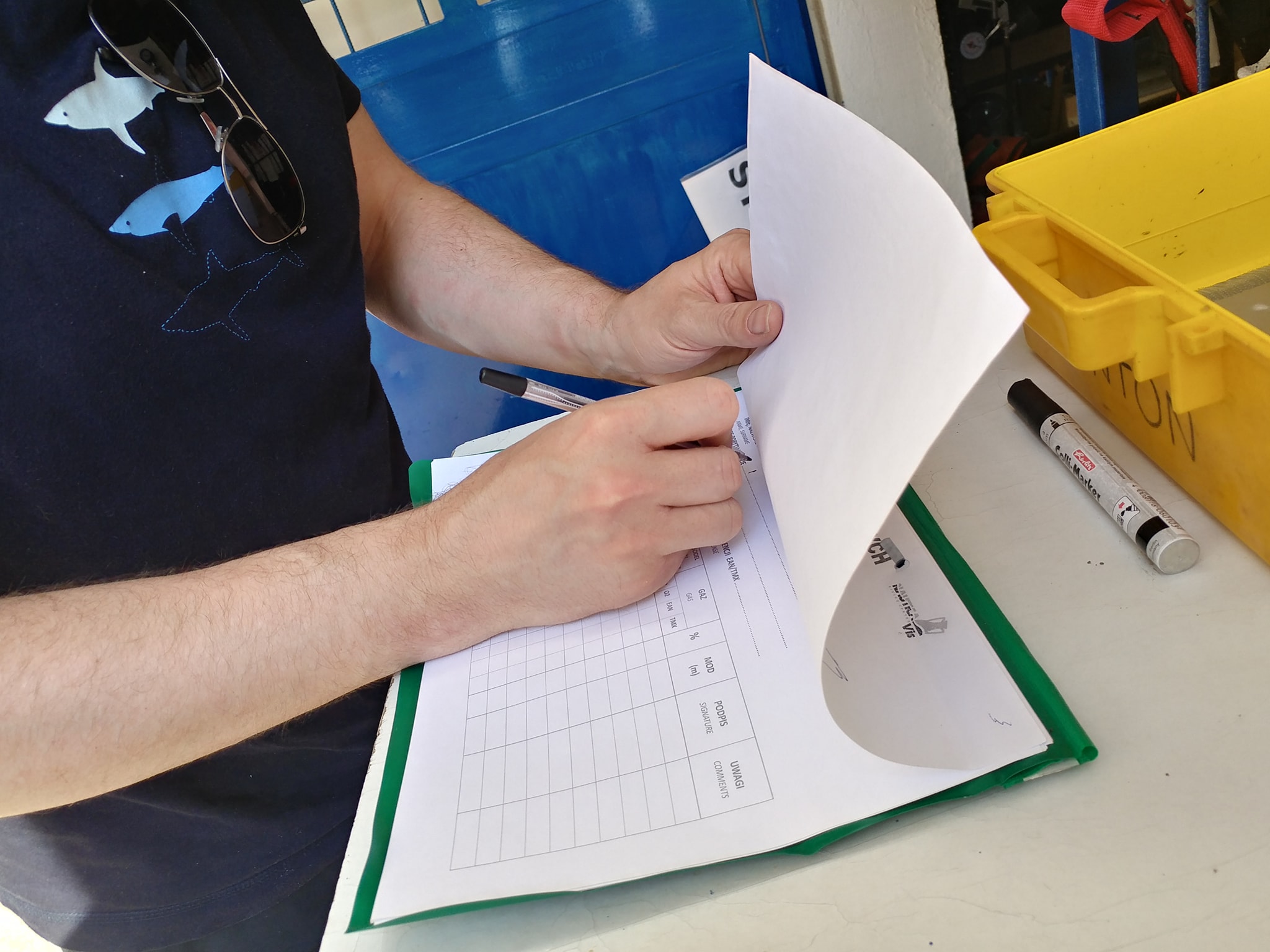
Summary
For checklists to fulfil their purpose, they must be used. It is essential to have the will to use them and to understand why they were created. Simply having checklists does not solve problems. Nor does using them guarantee that all errors will be avoided. When lists are used for purposes other than those for which they were intended, or when their completion is disrupted, mistakes are more likely to occur.
Using lists is no substitute for experience. Understanding why lists are designed the way they are, why they were created, and how they should be used helps to avoid mistakes, especially in situations involving safety or organisational efficiency.
Involving team members in creating checklists and having them describe ‘what looks good’ themselves resulted in more willing and conscious use of the lists and adherence to the rules, as well as mutual ‘monitoring’ to ensure that everything was done correctly. The effort put into creating and implementing the rules helped to ensure that they were followed.

Andrzej is a technical diving and closed-circuit rebreather diving instructor. He works as a safety and performance consultant in the diving industry. With a background in psychology specializing in social psychology and safety psychology, his main interests in these fields are related to human performance in extreme environments and building high-performance teams. Andrzej completed postgraduate studies in underwater archaeology and gained experience as a diving safety officer (DSO) responsible for diving safety in scientific projects. Since 2023, he has been an instructor in Human Factors and leads the Polish branch of The Human Factors. You can find more about him at www.podcisnieniem.com.pl.
If you're curious and want to get the weekly newsletter, you can sign up here and select 'Newsletter' from the options
Want to learn more about this article or have questions? Contact us.

